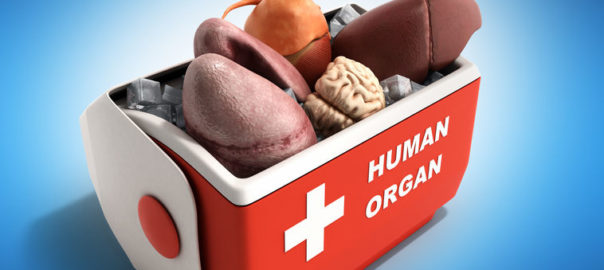Stem Cell Therapies Help Organ Transplant Patients

Stem cells are being used in a number of exciting ways. One of the most recent developments in the use of stem cells is their ability to help patients who have had organ transplants to keep from rejecting their new organ. Learn more here about how stem cells can help organ transplant patients.
The Type of Stem Cells
Stem cells used for the prevention of rejection of organs are mesenchymal stem cells. This means that they are found in any organ you can think of, including bones, fat, lungs, heart, and brain. These stem cells can be extracted from the patient’s own organs or the organs of the donor of the organ that was transplanted.
How Stem Cells Work in Organ Transplants
Stem cells are extracted from the organ donor and injected into the bloodstream of the recipient of the organ. The theory is that the stem cells from the donor will work with the patient’s own stem cells as well as the stem cells in the donor organ to prevent rejection by the immune system. While these treatments are becoming more common, there are still some problems with this treatment.
Issues with the Treatment
Not every procedure using stem cells for organ transplant patients has been successful. One of the biggest problems is that the stem cells are too large to pass through the lungs, and they become stuck in the lung tissues. When this happens, the stem cells cannot disperse throughout the body to help prevent rejection. More research is needed to determine how stem cells might be able to be used in this fashion without this and other complications.
If you are interested in learning more about stem cell therapies, read more from our blog or contact us to learn what doctors in your area are offering stem cell therapy.


